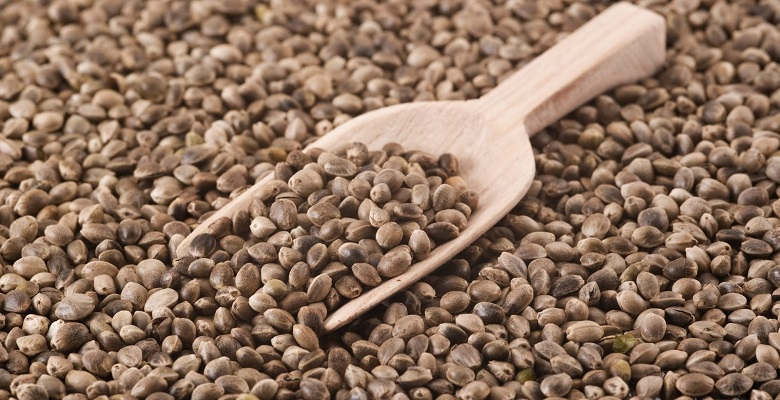Russia Proposes Ban on Hemp-Based Food Production
The Federal Service for Surveillance on Consumer Rights Protection and Human Wellbeing (Rospotrebnadzor) has developed amendments to the technical regulations of the Customs Union “On Food Safety.” These amendments propose a ban on the production of food products made from industrial hemp.
Hemp Products May Be Outlawed in the EAEU
Rospotrebnadzor suggests prohibiting the use of any varieties and parts of the hemp plant in the production of:
- Tea
- Herbal blends
- Food concentrates
On October 28, the heads of government agencies from the member states of the Eurasian Economic Union (EAEU)—Armenia, Belarus, Kazakhstan, Kyrgyzstan, and Russia—will review this initiative. If the regulation drafted by Rospotrebnadzor is approved, it will become illegal in these countries to process hemp seeds, stems, leaves, and flowers for food production. This means that products such as baked goods made from hemp flour, hemp protein, plant-based meat, coffee with hemp seeds, and many other food items will be banned.
The only exception will be hemp oil, which can be produced and sold as long as it contains no cannabinoids.
Officials Threaten to Halt Russian Hemp Cultivation
Six years ago, the area of industrial hemp cultivation in Russia began to increase for the first time in modern history. From 2016 to 2021, the area of hemp farmland grew nearly ninefold—from 1,540 to 13,300 hectares. According to the Ministry of Agriculture, by 2025, the area planted with hemp could increase by another 50% to reach 20,000 hectares.
This growth in hemp cultivation is primarily driven by economic factors. According to Alexander Kuchinsky, director of Mordovian Hemp Plants LLC, industrial hemp is the most profitable agricultural crop in Russia. He states that each hectare of hemp brings an average profit of 33,000 rubles, not including the value of the sold stalks.
However, the promising future of hemp is at risk if the government bans the use of hemp raw materials in the food industry. It is clear that such a restriction would lead to decreased demand for hemp, a reduction in cultivated areas, and a slowdown in the development of the hemp industry. As a result, Russian hemp companies oppose Rospotrebnadzor’s initiative and are asking for scientific justification for the proposed regulatory changes. Experts particularly highlight the high nutritional value of hemp seeds and question why Russian officials are targeting hemp.



